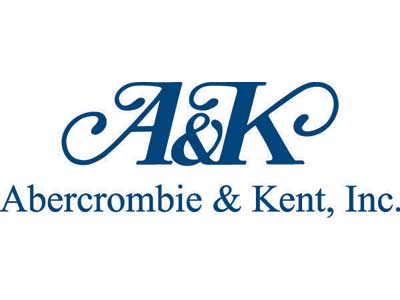Learning hotel-speak
SYDNEY – With so many acronyms and hotel terminology flying around the hotel industry it can become very confusing for the average customer.
Hotel price comparison website HotelsCombined.com has collated the top industry terms customers query.
1. Star Rating
The star rating system is a widespread classification system for hotels where luxury is indicated by a higher star rating. The AAA and their affiliated bodies use diamonds instead of stars to define hotel rating levels.
In some countries, there is an official body with standard criteria for classifying hotels, but in many others there is none. There have been attempts to unify the classification system so that it can become internationally recognised at a reliable standard but large differences exist in the quality of accommodation across countries.
In recent times, there has been an expansion beyond the traditional “five star” rating which has led customers to question whether it is simply marketing hype.
Six to seven star hotel example: Burj Al Arab Hotel Dubai
Five star hotel example: Le Meridien Hotel Nice
Four star hotel example: Hilton Waterfront Beach Resort Hotel
Three star hotel example: Holiday Inn Express Stratford-London
Two star hotel example: Formula 1 Kings Cross Motel Sydney
One star hotel example: Super 8 Hotel Hangzhou Hi-Tech
2. Best Available Rate (BAR)
Best Available Rate (BAR) is a pricing mechanism introduced by hotel marketers in an attempt to reduce customer confusion and guarantee the lowest available rate for each night stay.
Where it starts to become confusing to customers is that several accommodation booking websites advertise BAR for the same hotel at different rates.
Furthermore it is evident that consumers cannot count on these guarantees as most guarantees must be carefully documented if consumers are planning to file a claim and even then it can be difficult to extract the guarantee.
3. On Request Availability
Most customers expect instant confirmation when making a reservation online. Yet there are many online travel agents which conduct business by means of “on request†availability.
An “on request†booking is when a customer submits a reservation form and payment details to an online travel agent who then contacts the hotel to confirm the customers’ reservation.
If the hotel confirms the customers’reservation request, the customers’ credit card will be charged and the customer will receive a confirmation email. If the room(s) is not available, the customer will be informed as soon as possible by email and the customers’credit card will not be charged.
Get the full article at: http://www.HotelsCombined.com/AboutUs/Press/HotelLanguage.aspx
 United Kingdom
United Kingdom United States
United States Asia Pacific
Asia Pacific












































EU airports bring back 100ml liquid rule
CLIA: Anti-cruise demos could cause itinerary changes in Europe
Co-pilot faints, easyJet flight issues ‘red alert’
Dozens fall ill in P&O Cruises ship outbreak
Woman dies after getting ‘entangled’ in baggage carousel